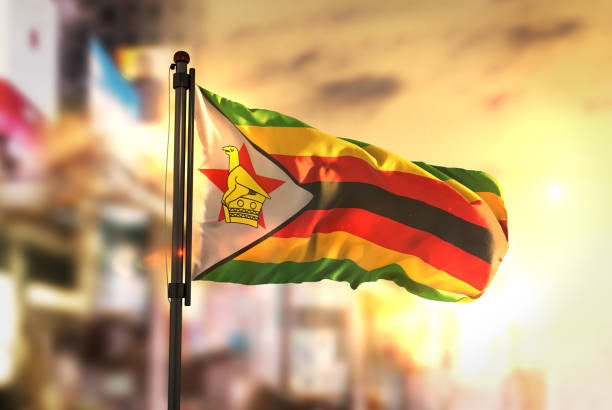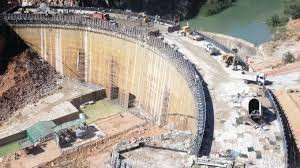
THE plan is clear: Decimate the opposition or make it pliant, come up with restrictive laws, punish anyone who says negative things about the regime, muzzle the media, strip all State institutions of their powers and have one centre of power, tweak names of repressive laws to conceal their identity.
It would appear we are now headed in that direction.
The panicky Zanu PF regime is leaving no stone unturned in its bid to retain power at all cost, and is taking no prisoners in its quest for absolute power.
This time, it has managed to decimate the opposition after numerous futile attempts at establishing a one-party State over the years.
On October 10, 2023, Speaker of the National Assembly Jacob Mudenda announced the recall of 15 opposition Citizens Coalition for Change (CCC) MPs.
The decision was based on a letter dated October 3 written by Sengezo Tshabangu, a former member of the Movement for Democratic Change-Tsvangirai, to Mudenda claiming to be CCC interim secretary-general.
He tried to justify the recalls by claiming that the 15 CCC MPs were no longer members of the opposition party.
Nelson Chamisa, then president of the CCC, tried to intervene to save his party, albeit too late. He wrote to Mudenda on September 11 advising him to disregard any communication from Tshabangu.
- Chamisa party defiant after ban
- Village Rhapsody: How Zimbabwe can improve governance
- News in depth: Partisan police force persecutes opposition, shields Zanu PF rogue elements
- Chamisa chilling death threat bishop defiant
Keep Reading
Regardless, Zanu PF was on its way to achieving its one-party State objective.
What we have now is a pliant opposition, a creation of Zanu PF.
Zanu PF’s attempt to create a one-party State can be traced back to the early 1980s when the Bulawayo-based Zimbabwe African People’s Union, led by Joshua Nkomo, was banned and labelled a dissident organisation.
Then Prime Minister Robert Mugabe launched what became known as the Gukurahundi massacres during which about 20 000 mostly Ndebele-speaking people were killed by the North Korea-trained army unity, 5 Brigade.
The massacres were committed mostly in the Matabeleland and Midlands provinces.
Having managed to ride roughshod over the nation, next was the creation of restrictive laws such as the Patriot Act, the Private Voluntary Organisations Act and the Maintenance of Peace and Order Act.
These are laws targeted at a few non-governmental organisations and critics of government policies and “deals”, who are viewed as “unpatriotic” to the “Zimbabwe cause”.
The media has also not been spared.
Journalists who expose corruption or government ills, hold interviews with government critics or cover anti-government activists’ Press conferences are arrested, charged with incitement to violence and sent to prison.
We are no longer safe under the regime.
We are suffocating slowly.
Unfortunately, Zimbabweans suffer from the “boiling frog syndrome”, a term used to describe the human tendency to adapt to deteriorating conditions until they are no longer able to escape.
“Peace cannot be kept by force; it can only be achieved by understanding,” so goes a famous statement.
This statement highlights the fundamental principle that lasting peace requires more than just the absence of violence.
It emphasises the need for empathy, communication and mutual respect to build a sustainable and equitable society.
The Zanu PF regime should not make peaceful revolution impossible.






